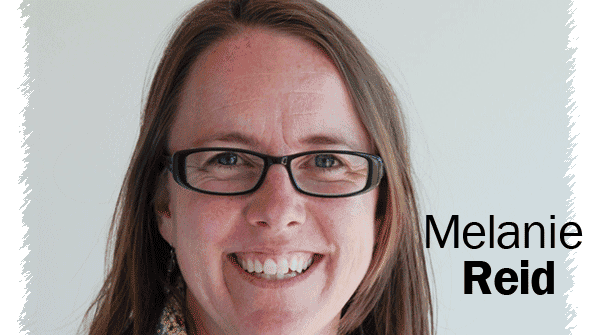
 In business, time is money. And, in most businesses, plenty of this precious resource is spent on meetings. One way to ensure that meetings are efficient, productive and make good use of your company’s resources is by practicing strong facilitation techniques.
In business, time is money. And, in most businesses, plenty of this precious resource is spent on meetings. One way to ensure that meetings are efficient, productive and make good use of your company’s resources is by practicing strong facilitation techniques.
At a basic level, the facilitator ensures the meeting starts and ends on time and follows the agenda, respecting the time allotted for each topic. But good facilitation goes beyond this. It is worth noting that the facilitator does not necessarily have to be the manager or leader of the team that is meeting. When possible, use the strength of a team member with facilitation skills or experience.Â
A skilled facilitator:
Starts with a realistic agenda. The agenda includes expected outcomes for each agenda topic and allocates appropriate time for each. For example, is the topic an announcement, a discussion or a decision?
Encourages everyone to be heard. Sometimes people need to be drawn into the conversation or asked their opinion. It’s important that no one at the table feels left out or unheard.
Ensures nobody dominates the discussion. Good facilitators are able to ensure that everyone has a chance to speak, reminding the talkative members of the group that others deserve a chance to speak as well.
Listens and helps clarify. Good facilitators must be active listeners. Repeating points back to the speaker and group can help to clarify and ensure everyone is understood. For example, “What I think I just heard was…â€
Makes sure the group reaches its desired outcome. While sometimes short topical diversions or tangents can add positively to the discussion, getting too far off topic is generally unproductive and can frustrate meeting attendees. A good facilitator keeps the conversation focused and reined in.
The facilitator shouldn’t run the meeting alone. Designating a timekeeper and a note taker allows the facilitator to focus on keeping the discussions relevant and achieving the desired outcomes. The timekeeper simply watches the time and announces when it’s time to wrap up and move to the next topic. Should time run out before an outcome is reached, the facilitator must help the group make a decision about how to proceed. For example, the group might choose to “buy time†from another topic, end the meeting later or choose to table the discussion until the next meeting.
Use a “parking lot†to capture important side topics that arise. Those topics may appear on later agendas as they become a priority. A “parking lot†can be kept by the note taker or may be on a whiteboard in the meeting room. It is a place to capture topics or discussions that are not immediately relevant to the outcome, but important to discuss at some point.
Meeting notes are important. Notes serve as the written record of discussions and decisions that take place during the meeting. If a group member misses a meeting, the notes will allow him or her to see what happened. Additionally, notes help group members be accountable for action items assigned during the meeting. In some cases, notes from the previous meeting may be reviewed or referenced for continuity.
Strong facilitation brings great value to the meeting environment. It’s worth investing to ensure time spent in meetings is productive and desired outcomes are consistently achieved.
About the Author(s)
You May Also Like
.png?width=700&auto=webp&quality=80&disable=upscale)




